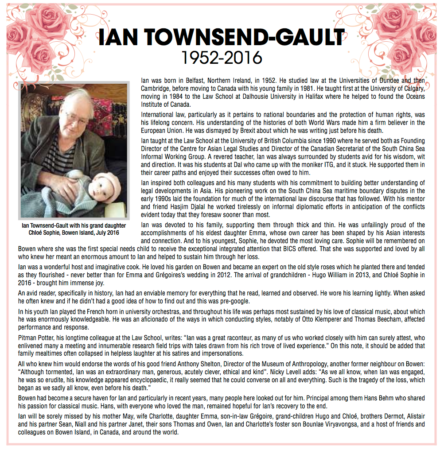Like most knowledgeable commenters on Canadian politics, it seems that Master of Massey College Hugh Segal is skeptical about Canada’s (and Britain’s) first past the post (FPTP) electoral system, as well as sympathetic to the case that minority governments might function better.
In a recent article on the British election he argues:
In fact, minority parliaments far better reflect how voters normally balance their electoral choices than the faux majorities created by our distorted first-past-the-post winner-take-all system.
…
While the United Kingdom does not have the history with minority governments that Canadians are quite used to, should they care to glance at Canadian history for a nanosecond they would note how successful minority first ministers such as Lester Pearson, Pierre Trudeau, Bill Davis, Jean Charest, Roy Romanow and Stephen Harper have been, both in legislative achievement, collaborative tone and public standing – often diluted when the partisan joys and excesses of one party majority government re-emerged.
The recent British and British Columbian elections both demonstrate how FPTP produces wildly different outcomes based on small differences in the vote share. A few votes in a few ridings may give a party a majority and thus full control of the legislature, while other parties that win substantial amounts of the vote may get no influence at all.

